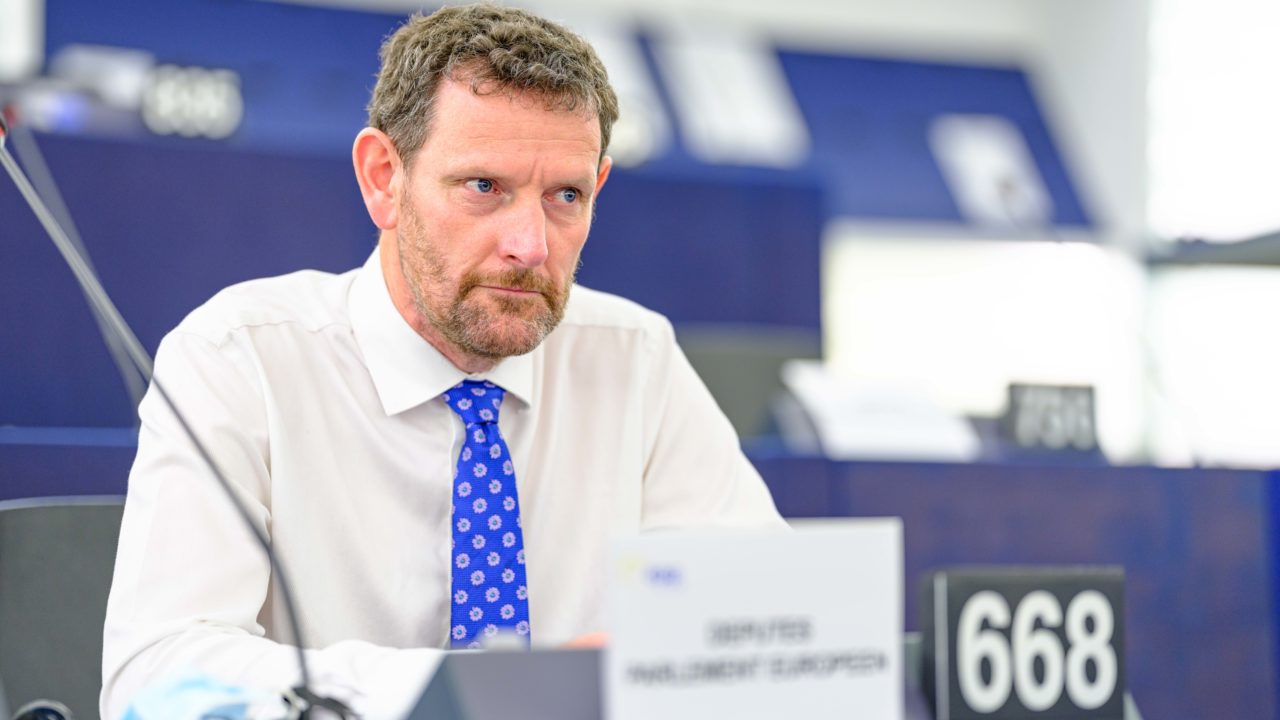The EU should organise the joint purchasing of fertiliser to bring down costs, Fine Gael MEP for the Midlands North-West, Colm Markey has said.
Fertiliser prices have soared since Russia invaded Ukraine but, the MEP said, rising costs are also being fueled by speculation.
He therefore called on the EU to get a grip on the issue now and also work on a transition to more sustainable solutions in the medium term.
While there could be ways to create fertiliser from renewable energy, or use clover in swards to fix nitrogen naturally, the MEP stressed:
“But in the short term we really need to secure the greatest supply of fertiliser because that is driving food [price] inflation.”
In the last 12 months the cost base of food production has gone up significantly with a knock-on effect on food prices for consumers on the ground, he said.
EU food prices
The MEP believes that food prices in the shops could be brought down if the EU helps farmers, and therefore, he said, the EU should intervene to reduce soaring farm costs.
Food price inflation in the EU will be discussed in the European Parliament with the Agriculture Commissioner, Janusz Wojciechowski today (Tuesday, January 17).
“I think if we can tackle the underlying costs in the production of food then hopefully that can have a knock-on effect in terms of the cost on the consumer in the shops,” he said.
While food availability is not at risk in the EU today, the current food price inflation estimated at 18% in October 2022 endangers food affordability, the EU warned.
The largest prices increases are seen for oils and fats (+33%), followed by bread and cereals (+19%); milk, cheese and eggs (+24%); and vegetables (+22%), Eurostat figures show.
Growing food price inflation aggravates the increased pressure on households’ incomes alongside energy and fuel costs, the European Commission warned.
